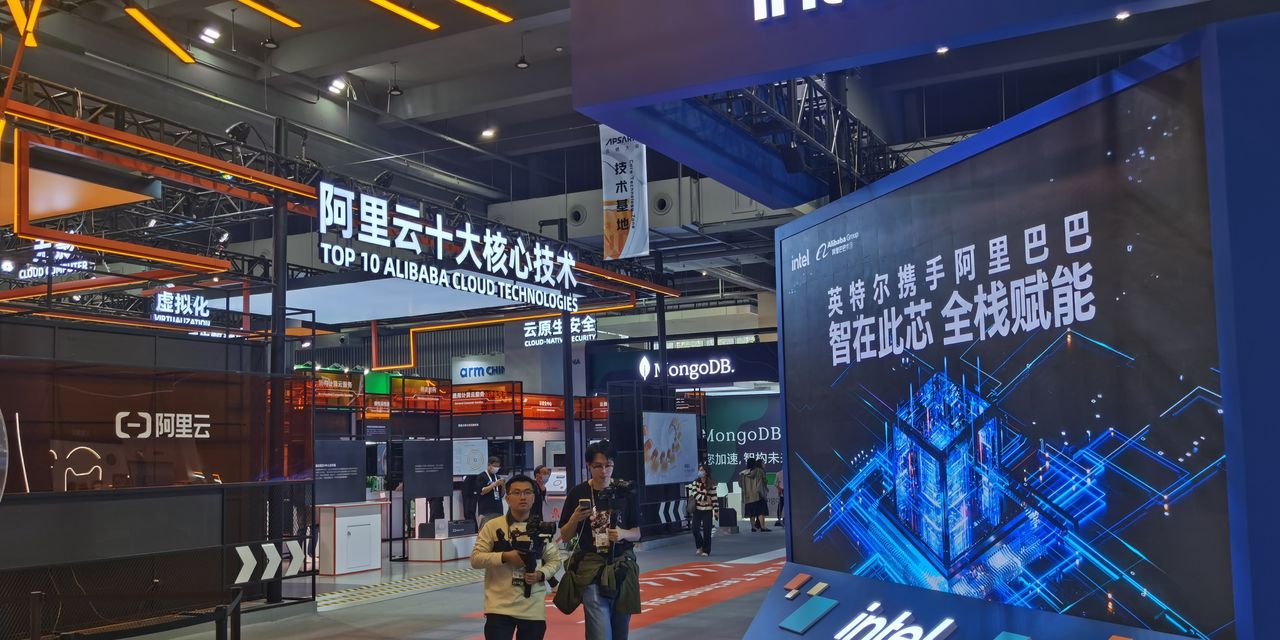Intel Corp.
INTC 0.23%
is expected to post broadly flat third-quarter earnings as global chip-shortages eat into potential sales and as Chief Executive
Pat Gelsinger
ramps up the chip giant’s plant investments.
The world-wide chip shortage has caused car makers to idle plants and has led to higher prices on some electronics. Laptop makers have said shortages of some components have weighed on shipments, causing backlogs to swell.
Intel, which powers many personal computers, is expected to post $19.2 billion in third-quarter sales Thursday after the bell, roughly flat from the year-ago period, generating net income of $4.33 billion, according to analysts surveyed by FactSet.
The chip giant’s top line has been held back, in part, by the dent in PC shipments, Morgan Stanley analysts said in a note.
“While we would argue that PC demand remains reasonably solid thus far, supply constraints caused by other components (primarily power management chips) have held back the overall business,” they wrote.
The lag between a company ordering a chip and its delivery has soared to an average of 22 weeks, said Susquehanna analyst Christopher Rolland, adding that the duration is the longest since he started tracking the data in 2013.
Mr. Gelsinger last month pledged to invest up to $95 billion in new chip production capacity in Europe, adding to more than $20 billion in U.S. factory investments he detailed earlier as Intel tries to cater to increased demand for semiconductors and become a leading contract chip maker.
Taiwan Semiconductor Manufacturing Co.
, the world’s leading contract chip maker, this month said it would build a new chip-manufacturing plant in Japan, and
Samsung Electronics Co.
and memory-chip maker
Micron Technology Inc.
are among others with expansion plans.
But new chip factories take time to build. Mr. Gelsinger has said he thinks the global chip shortage could last into 2023.
To provide some near-term relief, Mr. Gelsinger has said Intel is working with auto makers that have been particularly hard hit by the shortage. The company, he said, would dedicate manufacturing capacity at one of its factories in Ireland to the auto-chip sector and is creating a chip-design team to help others adapt their designs to be able to utilize Intel’s manufacturing capabilities.
The Intel boss, in the job since February, also is pushing to revive the company’s competitive edge after years of missteps. He laid out a plan in July for Intel to introduce at least one new, more advanced central processing unit—the brain of the modern computer—every year going forward until 2025.
The path isn’t without challenges, though. In June, Intel delayed the planned introduction of a new server chip to add features.
Write to Meghan Bobrowsky at Meghan.Bobrowsky@wsj.com
Copyright ©2021 Dow Jones & Company, Inc. All Rights Reserved. 87990cbe856818d5eddac44c7b1cdeb8













































